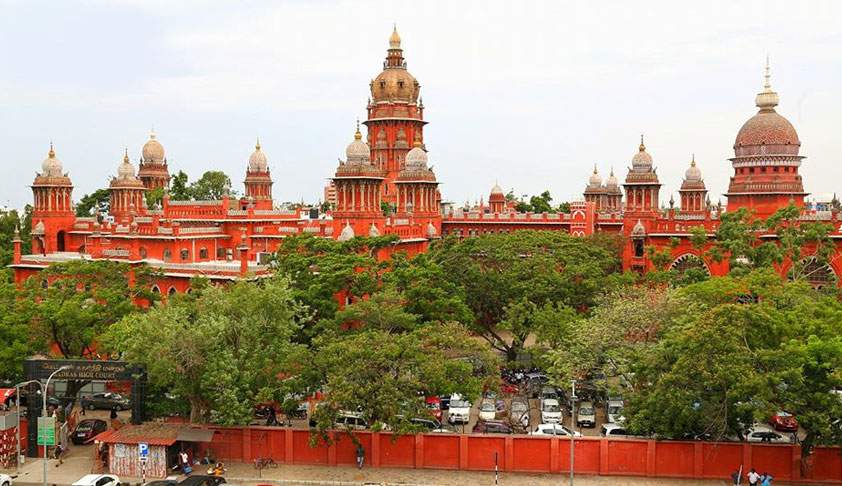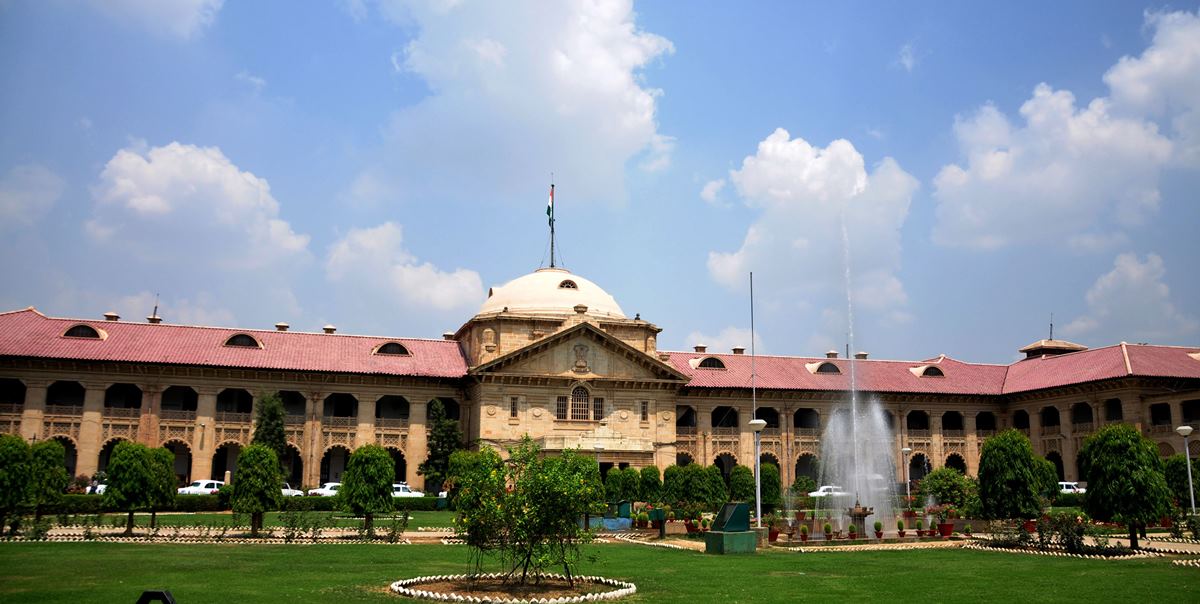SC issues notice to Attorney General in plea against trivialization of sexual offences by courts
The Supreme Court issued notice to Attorney General KK Venugopal in a plea filed by nine women lawyers questioning the trivialization of sexual offences by courts in India. The plea was filed by Advocate Aparna Bhat along with eight other women lawyers that challenged the order of the Madhya Pradesh High Court where a man accused of sexual assault was directed to go to the victim’s house on Rakshabandhan and allow her to tie a rakhi on him as a condition of bail.
The Bench was headed by Justice AM Khanwilkar and B. R. Gavai who issued a notice to the office of Attorney General and sought his assistance in the matter while posting the matter for hearing on November 2. Senior Counsel Sanjay Parikh, who appeared on behalf of the petitioners, submitted that such observations in cases of sexual assault cases, rape, and the conditions imposed are not in the interest of victims. He also stated that the appeal has been filed in an “extraordinary circumstance”. The Bench also questioned if this issue is restricted to Madhya Pradesh or other states as well. The nine women lawyers submitted that courts all over the country should be restrained from imposing such conditions as these are “against the principle of law”.
On July 30th, the high court ordered and granted bail to the accused in the case and imposed a condition that the accused along with his wife shall visit the complainant’s house and request her to tie Rakhi to him with the promise to protect her to the best of his ability for all times to come. Parikh told the bench that “The trauma of the victim is trivialised by such conditions”. The petitioners had clearly stated that they have not challenged the grant of bail, but only the condition of tying Rakhi.
The substantial question that arose while discussing this matter was whether it is appropriate for a court to impose extraneous conditions in a case seeking bail. Another important question that arose for consideration apex court in this matter was whether the High Court ought to have employed sensitivity and circumspection while dealing with a case that involves sexual offence committed against a women.
The plea made by the parties declared that since the judgment comes from a High Court, it would trivialize such a heinous offence. The court also added that such an act, direction and observation would normalize what is essentially a crime that involves a sexual offence which has been committed against a woman.
Rakshabandhan is a festival of guardianship between sisters and brothers wherein they promise to protect one another. But the petitioners strongly argued that the said bail condition amounts “to a gross trivialization of the trauma that the complainant suffered in the present case.
The petitioner also highlighted the fact that the offence of outraging the modesty of the victim was done by forcibly entering into the house of the victim and stated that even when the law prescribes that the victim be kept far away from the accused, the direction given by the High Court was contradicting and would lead to the victimization of the survivor in her own house.
By Gopika Sasi


